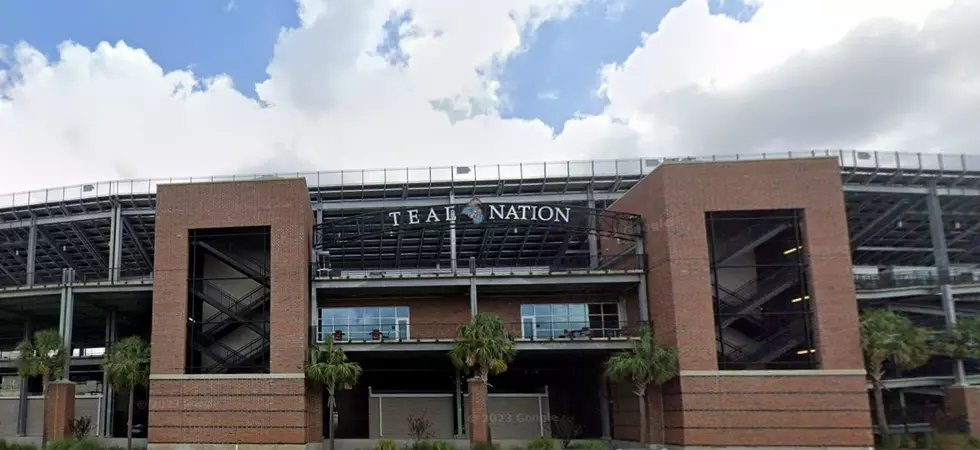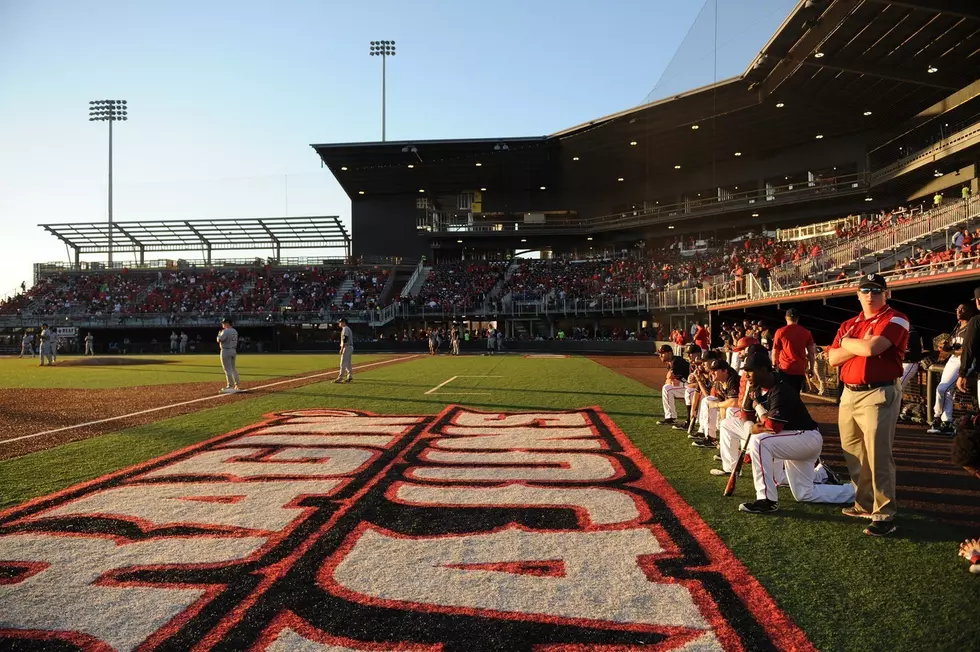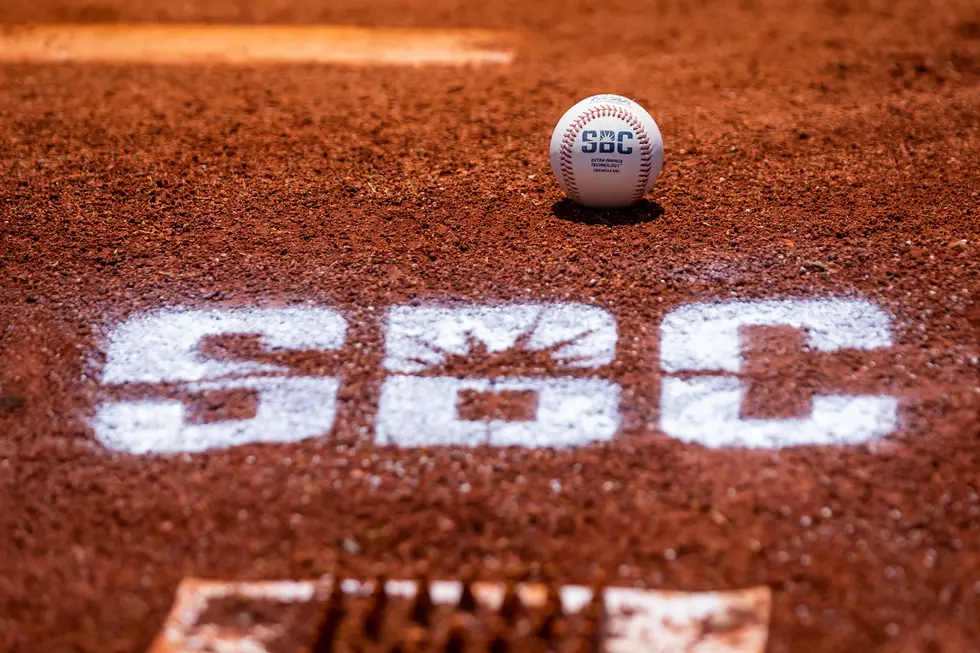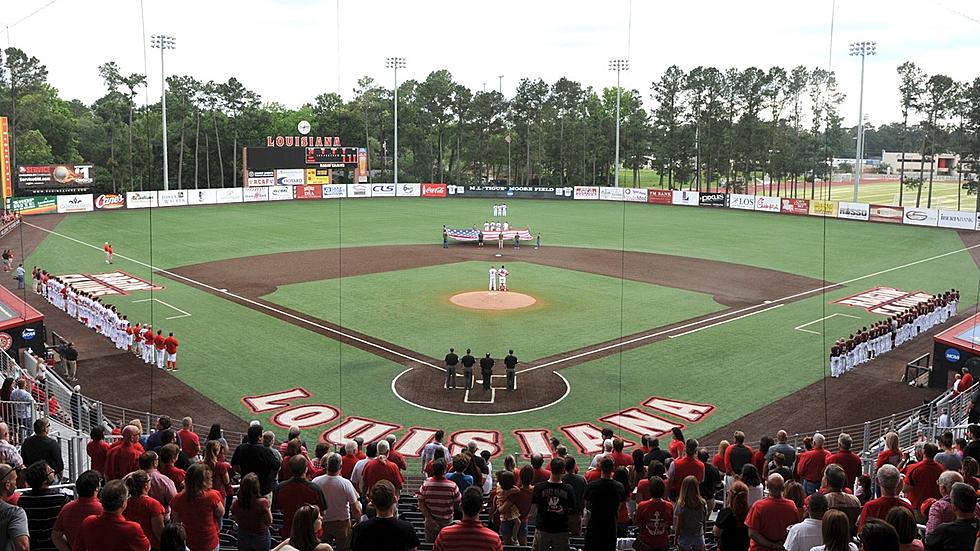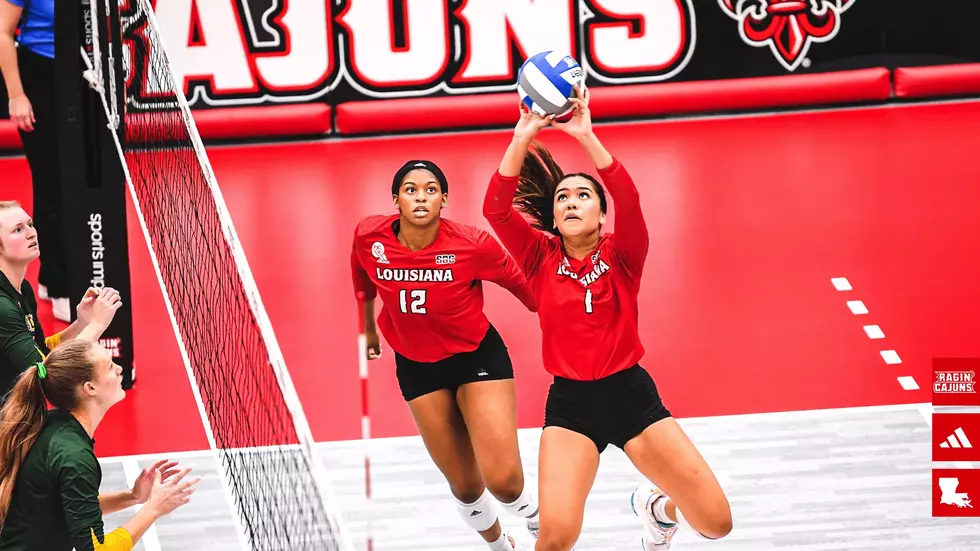
From the Bird’s Nest: Cajun softball has work to do in order to host a regional
Well, it's certainly been another successful season for Ragin' Cajuns softball.
Chalk up another 50-win season. Another Sun Belt title. Another Sun Belt tournament title. A solid performance in a regional, including the elimination of the #3 national seed.
Every year when postseason time rolls around, fans talk about the possibility of Lamson Park hosting an NCAA regional. The facility has been the host site for eight NCAA regionals over the years.
But the last one was in 2002. And since then, the climate of softball has changed.
The "new" Lamson Park hosted the Sun Belt Conference tournament last month and there is no question, once all of the work is done, that the Cajuns will boast one of the top fifteen facilities in the nation.
Build it and they will come? That may be true for attendance. But not where the NCAA is concerned.
That beautiful new park won't get the Cajuns a host site unless this program is willing to make some changes in order to move up their ranking.
Not the ranking you read in the newspapers. We're not talking about the NFCA poll or the ESPN poll.
We're talking about the ranking according to the selection committee.
In today's college softball, NCAA regionals are not awarded according to the size of your bid. In fact, the committee doesn't even have that information. They only have a list of schools who have submitted acceptable bids.
In today's college softball, NCAA regionals are not awarded according to your attendance figures.
In today's college softball, NCAA regionals are not awarded according to how pretty your park is.
Today, in college softball, NCAA regionals are awarded, for the most part, according to merit. And geography.
The NCAA softball committee seeds the top sixteen teams in the country. Who plays in those regionals is judged, for the most part, according to geography. The committee is charged with flying as few schools to regional sites as possible. The limit for the NCAA is a 400 mile radius from each host site. If it's within 400 miles, the NCAA buses those teams. Anything over that, and it's a plane trip.
This year, sixteen regionals were awarded. Thirteen of the sixteen hosts were seeded in the top 16. The exceptions were Cal (did not bid because of construction). The other two, Oregon and Baylor, were shipped out because they didn't have enough schools within driving distance to warrant a host site.
Scott Farmer, who, in addition to being Louisiana's interim Director of Athletics, is also the Chair of the Division I softball committee, put it pretty simply.
"The best way to become a host site for a regional is to be one of the sixteen seeded teams. It also helps if you're seeded higher than other schools in your area."
If you're the Ragin' Cajun softball program, that's the cold reality. And, getting to where you need to be isn't easy when you don't play in the SEC, Big XII or Pac-10.
Right now, the Cajuns aren't anywhere in the ball park of those top 16.
While the RPI (Rating Percentage Index) isn't the only criteria used when deciding the top sixteen seeds, it's an important tool. History says the softball committee is more consistent in its use of the RPI than baseball committees are.
This year, the Cajuns' RPI was in the upper 30's when the committee met. Their strength of schedule was a whopping 166. That's eighty slots LOWER than the LAST at-large team to be selected. Obviously, the Cajuns' stellar W-L record helped in regards to the RPI.
But if you play in the Sun Belt Conference, how do you improve it?
You can't help who you play in your league. The Cajuns have 24 league games. The Cajuns play in two prestigious tournaments during the season. Those games really help when it comes to the Cajuns' record against Top 25 and Top 50 RPI teams. Realistically, it's the only time they get that opportunity.
But the Cajuns can control the rest of the schedule. And, that's where they need to do a better job.
Fifty percent of your RPI score is calculated by the winning percentage of your opponents. Brian Benton, who is a frequent guest on our station during college baseball season, knows more about the RPI than anyone I know.
The absolute RPI killer isn't the team that has a low RPI. The killer is the team that has a bad won/loss record.
- You want to avoid teams with poor W-L records. They will kill your OWP. Some are so bad that your RPI will fall even if you win. You especially want to avoid decent teams with poor W-L records because they played a difficult schedule. Their difficult schedule does not benefit you much (25%) and you also might lose ... in which case 75% of the formula is not in your favor.You want to avoid teams that have just above or near .500 records, but are good teams. Teams typically towards the bottom of the BCS conferences are good examples (In the SEC ... Arkansas, Ole Miss, Mississippi State, and South Carolina usually fit this description). They will not help your OWP (probably will not hurt it much either). But there is a chance you lose the game.--Brian Benton
For the Cajuns in 2010, the part of the schedule they controlled was the part that hurt them the most.
In their opening tournament at Lamson, the Cajuns played Rhode Island (7-46) twice. they also played Arkansas (13-39), Prairie View (11-34) and San Houston (22-32). In their second tournament, the Cajuns faced off against Maine (18-31) twice, Tennessee State (11-43) twice and Stephen F. Austin (14-36).
Ouch.
And, while Cajuns fans thought playing in the McNeese Tournament was an RPI killer, it actually was not. Southern (21-24), Jackson State (26-20), Grambling (11-26), McNeese (31-29) and Houston Baptist (36-23) was overall, a much better field than what the Cajuns played at Lamson Park.
But hey, they outscored the opposition a gazillion to three, so that was okay, right? Uh, no.
And, let's not forget that midweek game against Centenary (5-36). And two against Nicholls State (15-37).
That's a total of eighteen games in the schedule that the Cajuns can control. And, of those eighteen, fourteen were RPI killers.
The Cajuns have to do a much better job in that regard.
They've done their best to try to get home-and-home series against good opponents, those that would look good to the committee on selection day. But those within the region have refused to play those home-and-home series, with exception of Houston and that series was put on hold this year after Donna Bourgeois transferred to U of H. Perhaps they can come back on the schedule in the future. Ditto LSU, since they'll be hiring a new coach. I'd hate to see a time where the Cajuns just take a weekend and travel somewhere in the region to play a really good team for a guarantee. But it just might come to that.
The Cajuns can't control the Sun Belt or the two road tournaments they play. But they do control the first three weekends and their midweek opponents. What do they do there? Benton says:
You want weak teams you can beat that are likely to have winning records. The more over .500, the better. The weak OWP that these teams will have represent a negligible impact on your RPI as it will only become part of your OOWP. Meanwhile, 75% of the formula will be heavily in your favor if you win ... and still 50% if you lose.
The Cajuns, even with schedule modifications, will still have a difficult time when it comes to getting one of those top sixteen seeds. Not playing enough teams in the Top 25 or Top 50 of the RPI will hurt them and there isn't much they can do if those teams don't want to play. But Benton says the Cajuns have to try:
You want to continue to do you best to schedule some strong teams that are likely to have winning records. These teams will really help you if you win (as 100% of the formula is in your favor) ... and will not hurt you much, if any, if you lose. These teams are also of benefit as they can strengthen your record against the RPI Top 25 and RPI Top 50 (important NCAA selection committee criteria).
But they have to do a better job of what they can control. A much better job.
Scheduling better and scheduling smarter (and continuing to win, obviously) will at least get the Cajuns into the conversation as far as seeding, and therefore hosting, are concerned.
Right now, they aren't. Not even close.
More From 103.3 The GOAT
